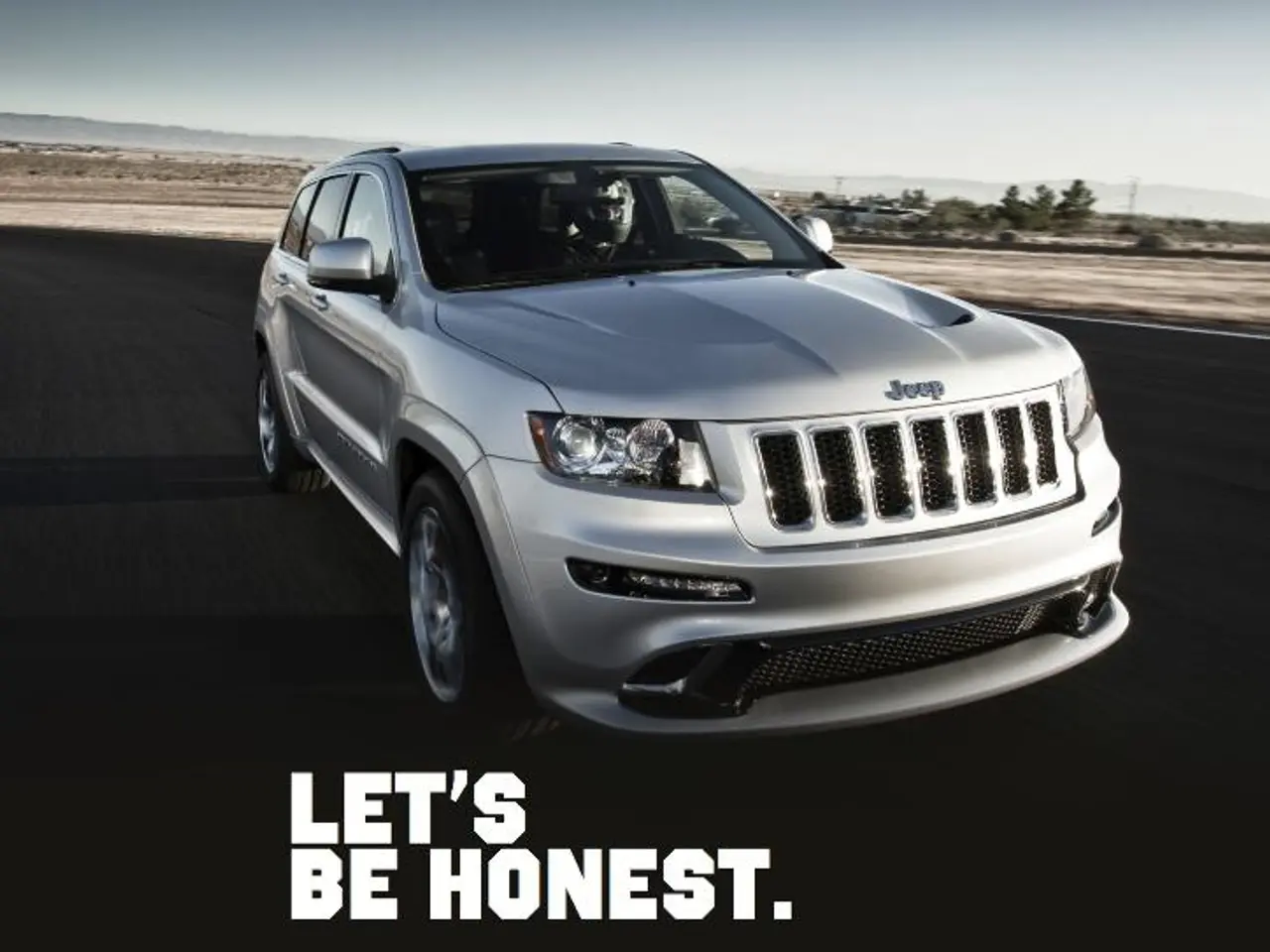Detroit Suffers Losses as Auto Tariffs Favor Tesla, According to Financial Experts
The proposed 25% tariff on foreign-made cars is expected to have a more significant impact on traditional automakers like Ford and General Motors (GM), rather than electric vehicle (EV) manufacturers such as Tesla. This is due to the fact that Ford and GM rely heavily on importing vehicles or parts assembled outside the U.S., whereas Tesla's manufacturing is largely U.S.-based.
According to reports, GM imports approximately 46% of the vehicles it sells in the U.S., and Ford imports about 21%. As a result, both companies are exposed to tariff costs on these imported vehicles. In contrast, Tesla assembles most of its vehicles domestically, which reduces direct exposure to the 25% tariff.
However, Tesla does import some parts from other countries, and the tariff on imported parts (effective May 3, 2025) may raise costs indirectly for Tesla as well. Traditional automakers like GM and Ford face increased costs not only on imported vehicles but also from tariffs on vehicle parts, as many "U.S.-assembled" vehicles still use a significant portion of imported components.
Despite the broader industry concerns, most analysts still recommend buying Tesla stock, with average forecasts suggesting about 18% upside from current levels. Tesla's stock has dropped about 30% this year, not due to the tariff but partly due to political controversy surrounding Elon Musk, a known Trump ally.
Tesla shares jumped by 5% following the announcement of the tariff, and Rivian's shares also rose nearly 5%. Some analysts estimate car prices could rise by $4,000 to $5,000 as companies try to pass the extra costs on to consumers.
Elon Musk, Tesla's CEO, pointed out that the company isn't completely immune to the impact of the tariffs. He stated that the tariff impact on Tesla is still significant, albeit less so than for traditional automakers. Daniel Roeska, a Bernstein analyst, called Tesla the "clear structural winner" of the policy due to its domestic production. TD Cowen analyst Itay Michaeli stated that Tesla's strong U.S. supply chain helps, especially for the popular Model Y.
Trump stated he would buy a Tesla to support the company, claiming Musk had no role in shaping the new tariff plan. It remains to be seen how the tariff will affect the automotive industry in the long term, but it is clear that traditional carmakers with higher proportions of foreign-made imports like GM and Ford will face greater financial pressure.
- The announced 25% tariff on foreign-made cars could potentially increase costs for traditional automakers like General Motors (GM), Ford, and others who heavily rely on importing vehicles or parts, particularly those assembled outside the U.S.
- On the other hand, electric vehicle (EV) manufacturers such as Tesla might have a more favorable position, as most of the production for Tesla's vehicles is based in the United States, mitigating direct exposure to the tariff.
- The stock market is taking notice of these developments, with some analysts recommending buying Tesla stock due to its potential for around 18% growth, despite recent political controversy surrounding Elon Musk.
- Interestingly, the tariff on imported parts, effective May 3, 2025, could still impact Tesla indirectly through increased costs on imported parts, and traditional automakers like GM and Ford may face heightened financial pressure due to the high proportion of imported components in many "U.S.-assembled" vehicles.




